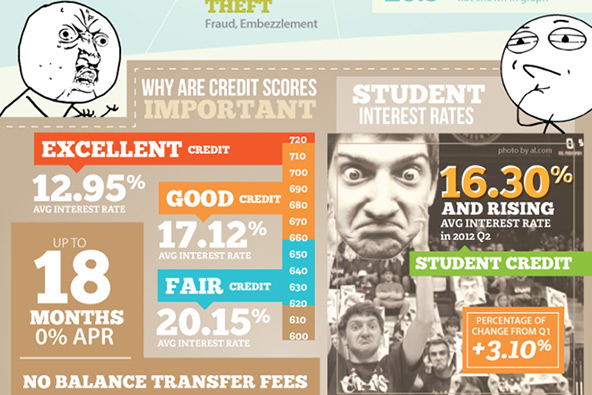What to Do When Chargeback Rights Do Not Apply

Both Visa and MasterCard have so many different chargeback codes that one may be forgiven for believing that all possible chargeback causes are codified by the Associations. Well, they are not and actually there are quite a few instances when a cardholder may have a totally legitimate reason for disputing a transaction, but her issuer would not have a ready chargeback code to label it with.
What is to be done with such transactions? Let’s take a look.
Chargeback Compliance Options When an Issue is not Covered
So quite often, a problem between a merchant and a cardholder is not covered under the Association’s chargeback rights. To resolve these kinds of issues, Visa and MasterCard have each set up a compliance process, which provides issuing and acquiring banks with another option for resolving disputes on behalf of their cardholders and merchants, respectively. The two compliance processes have their differences, as might be expected, but they can generally be used when all of the following pre-conditions are met:
- A violation of the Association’s operating regulations occurred.
- The violation is not covered by a specific chargeback right.
- The card issuer incurred a financial loss as a direct result of the violation.
- The issuer would not have incurred the financial loss if the regulation had been followed.
If these conditions exist, the issuer may appeal to the Association for compliance resolution.
Typical Compliance Violations
There are surprisingly many different violations that are not covered under a chargeback right and can be classified as a compliance issue. The following list offers just a quick overview of some of the most common compliance violations:
- A customer stays at a hotel and her credit card is also billed a no-show fee from the same merchant, for the same date.
- A merchant adds a surcharge for paying with a credit card.
- A merchant charges their customer’s credit card for a delinquent account, or for the collection of a bounced check.
- A merchant re-submits a charge after the issuer initiated a chargeback.
- A merchant gets the cardholder to sign a blank sales receipt, before the final transaction amount is known.
- A customer’s card is charged for an advance deposit and the deposit amount is not applied toward the final balance of the stay.
- A merchant, which does not have its own merchant account, processes a transaction through another entity’s account.
- A consumer cancels an airline reservation and the merchant fails to issue credit or prove that a proper disclosure was provided to the consumer at the time of the transaction (incidentally, this happens to be one of the biggest reason airlines are considered very high risk for credit card processing purposes).
- A customer arrives at the hotel where she’s made a reservation, but leaves within a reasonable time period due to the poor quality of the place.
- A merchant has failed to adequately disclose their return and refund policy to their customer at the time of the transaction.
- A merchant failed to compare the signature on the back of a card they accepted for payment to the signature on the sales receipt.
- A customer’s card was credited more than once for the same transaction.
Resolving Chargeback Compliance Issues and Takeaway
If one of the above compliance violations, or one that is not listed, occurs, the issuer will give the acquirer an opportunity to resolve the issue. This is known as pre-compliance and the acquirer will either contact their merchant for details on the disputed transaction or will debit their account for the disputed amount. If the dispute remains unresolved, the Association will have the final say on who bears final responsibility for the transaction.
The point to understand is that, even if a violation is not covered by a specific chargeback code, you can still get the related transaction charged back to you. For all practical purposes, at this point the dispute will be treated much like a regular chargeback and you will be asked to provide supporting documentation to prove that the charge is valid (the so-called re-presentment). Do it in the time frame specified by your processor. If you don’t have evidence that the transaction is valid or submit it late, you will lose the dispute.
Image credit: Tnsi.com.


